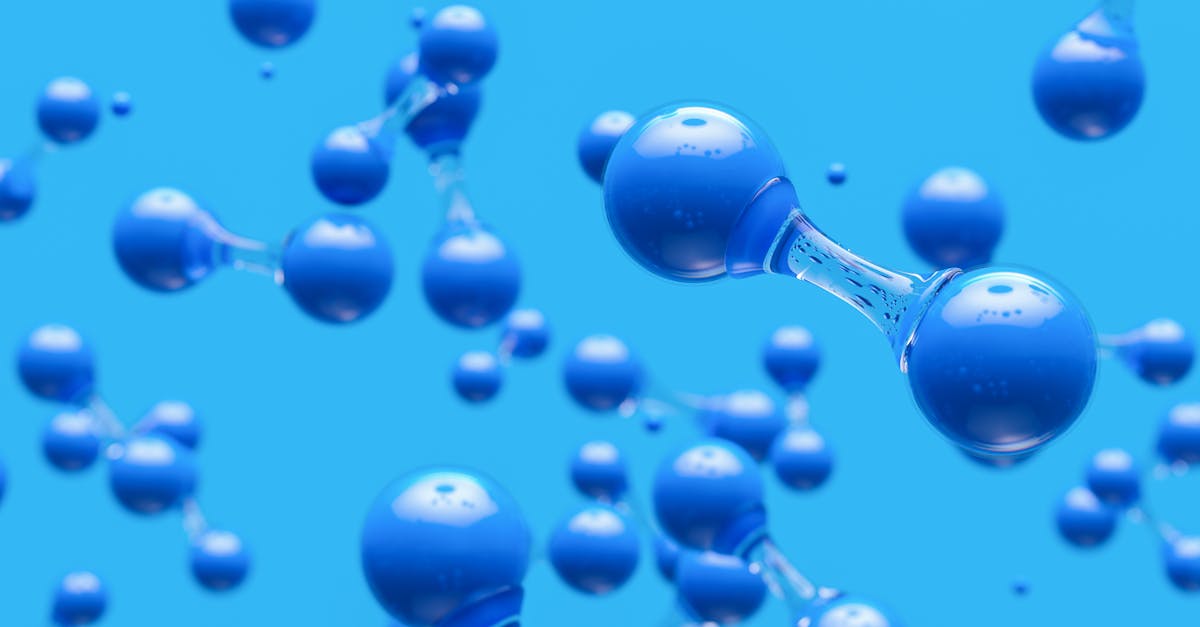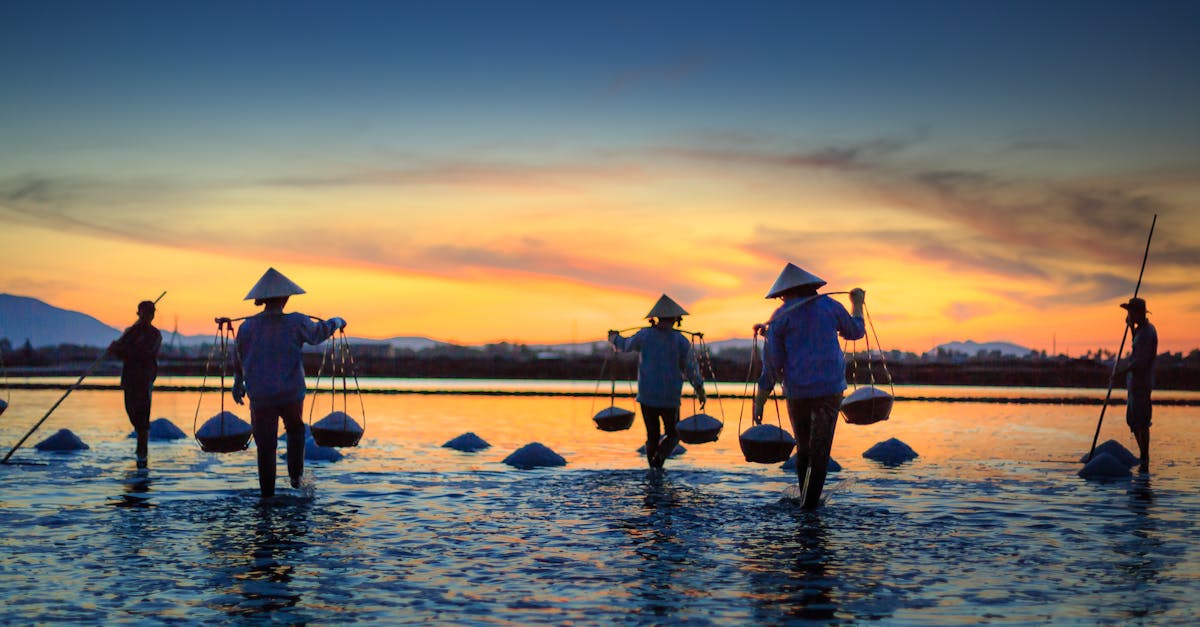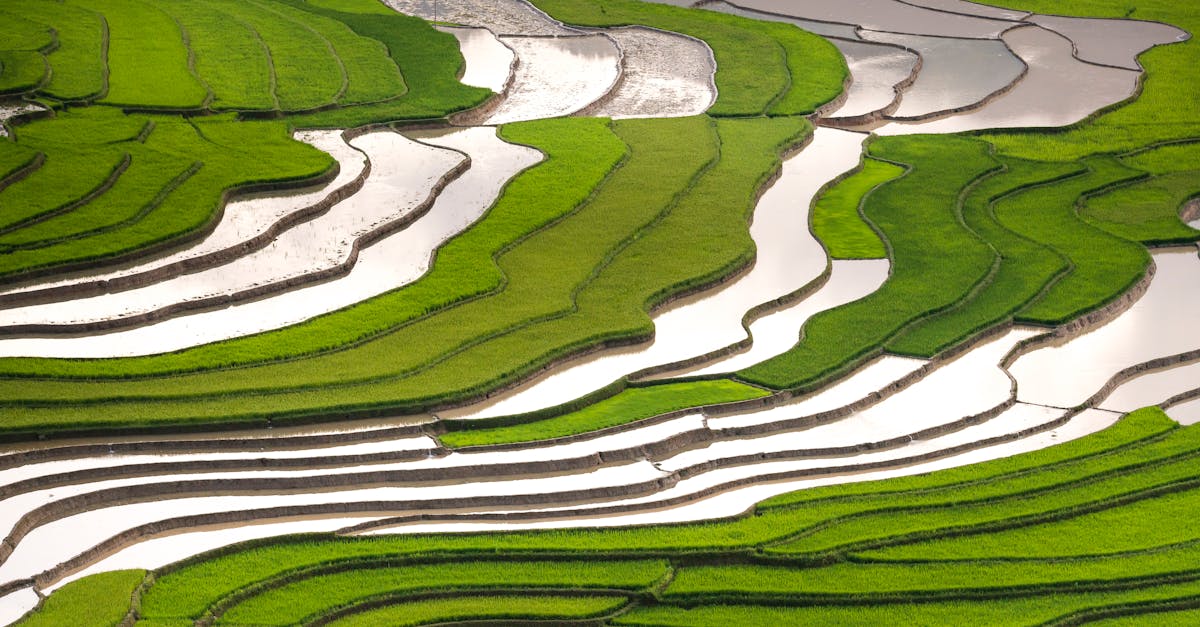In our exploration of the environmental world, we study into a critical issue that affects us all: water pollution from farming.
With each harvest season, the impact of agricultural practices on our water sources becomes more pronounced.
In this text, we scrutinize the complex relationship between farming activities and the contamination of our precious water bodies.
Join us as we navigate through the complexities of this pressing concern, shedding light on the causes, consequences, and potential solutions to mitigate the harmful effects of agricultural runoff on our water ecosystems.
Let’s plunge into this journey to understand how our farming practices can shape the health of our waters and the future of our planet.
Key Takeaways
- Chemical runoff from farming practices, such as pesticides and fertilizers, is a primary cause of water pollution, impacting aquatic life and water quality.
- Implementing sustainable farming practices like cover cropping and buffer zones can help reduce the negative effects of agricultural runoff on water ecosystems.
- Soil erosion, livestock waste, and excess nutrients are significant contributors to water pollution from farming, emphasizing the need for environmental conservation in agricultural activities.
- Water bodies suffer from consequences like algal blooms and habitat destruction due to agricultural runoff, highlighting the importance of adopting eco-friendly farming methods.
- Practical solutions such as planting buffer zones, using cover crops, and managing animal waste can mitigate farming-related water pollution, protecting our water sources for future generations.

Understanding Water Pollution from Farming
When it comes to farming, there’s a lot more at play than meets the eye. Agricultural activities have a significant impact on the quality of our water sources. The chemicals we use on crops, like pesticides and fertilizers, often find their way into rivers, lakes, and oceans, leading to water pollution.
The runoff from farms carries these harmful substances, affecting not just aquatic life but also our own health. From algal blooms to drinking water contamination, the consequences are far-reaching.
To tackle this issue, we need sustainable farming practices that minimize chemical usage and focus on environmental conservation. By implementing techniques like cover cropping and buffer zones, we can reduce the negative impact of farming on water bodies.
For more information on sustainable farming practices, check out this resource from the Environmental Protection Agency.
Causes of Water Pollution in Agricultural Practices
When it comes to water pollution from farming, chemical runoff is a primary culprit. Pesticides and fertilizers used in agriculture can seep into nearby water sources, contaminating them. Another issue is soil erosion, where sediment and other pollutants are carried into rivers and streams. Livestock waste is also a significant contributor to water pollution. This waste contains harmful bacteria and excess nutrients that can harm aquatic ecosystems.
To learn more about how agricultural practices impact water quality, visit the website of the Environmental Protection Agency. They offer valuable insights into sustainable farming methods that can help reduce water pollution.

Impact of Farming Activities on Water Ecosystems
Farming activities have a significant impact on water ecosystems. Chemical runoff from pesticides and fertilizers can seep into water sources, affecting aquatic life and water quality. Soil erosion caused by farming practices can also lead to the pollution of rivers and streams, harming the natural habitat of various species. Additionally, livestock waste can introduce harmful bacteria and nutrients into water bodies, further compromising their health. To learn more about sustainable farming practices that aim to reduce water pollution, visit the Environmental Protection Agency’s website for valuable insights.
Consequences of Agricultural Runoff on Water Bodies
When chemicals, fertilizers, and pesticides from farms seep into water sources, it can wreak havoc on aquatic life. High levels of nutrients can lead to algae blooms, depleting oxygen and causing harm. Also, sediments carried by runoff can cloud water, impacting light penetration needed by aquatic plants. This imbalance disturbs the aquatic ecosystem’s delicate harmony, endangering the survival of various species.
Agricultural activities pose a significant threat to water quality, leading to polluted rivers and streams. The excess nutrients and bacteria from livestock waste can contaminate water bodies, affecting drinking water sources and aquatic habitats. To learn more about sustainable farming practices that can help mitigate these issues, visit the Environmental Protection Agency’s website for helpful resources.

Solutions to Mitigate Farming-Related Water Pollution
When it comes to tackling water pollution from farming, there are practical steps we can take to make a positive impact on our environment. Here are a few solutions we can carry out to mitigate the effects of agricultural activities on water bodies:
- Implementing buffer zones: Planting vegetation alongside water bodies can help filter out pollutants from runoff before they reach streams and rivers.
- Adopting cover crops: Planting cover crops during off-seasons can reduce erosion, improve soil health, and prevent excess nutrients from leaching into water sources.
- Managing animal waste: Properly managing and disposing of livestock waste can prevent harmful bacteria and nutrients from contaminating water bodies.
For more information on sustainable farming practices, visit the Environmental Protection Agency’s website. Dig deeper into eco-friendly farming methods to safeguard our water resources for future generations.
